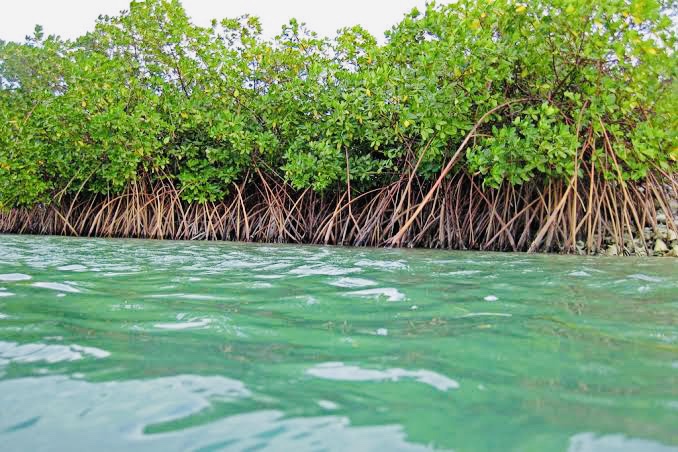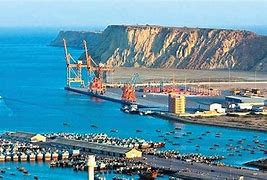It is heartening to note that China is ready to help Pakistan in its conservation efforts for mangroves along Gwadar under CPEC. Along the coasts, from Balochistan to Sindh, a multifaceted approach is needed to conserve the existing mangrove forests, plant new ones, and rehabilitate those which have been damaged. The marine environment along nearly a 1000 km coastline of Pakistan has experienced environmental degradation, and concerned authorities have been slow in their response. The damage to mangrove forests has intensified in the past three decades despite some efforts by the governments of Balochistan and Sindh with some help from the World Wildlife Fund (WWF).
All stakeholders in this effort — now including China — must realize that no major advancement in conservation is possible without active and respectable involvement of the local people of Balochistan and Sindh. If the forest departments of provinces work with China and the WWF but fail to engage local people, any protection and rehabilitation efforts will not produce the desired outcomes. Since Pakistan hosted this year’s World Environment Day, it is in the fitness of things that mangroves get their due attention. The general public in Pakistan is not well-informed about the importance of mangrove forests along the country’s coasts. There is a need for awareness campaigns through electronic, print, and social media, and mobilization of the local people in all efforts of conservation. When local people are left out, they feel deprived and humiliated as essentially the coastline — as well as the mangrove forests — are public property and should remain so.
When people lose access to the coastal areas under various pretexts, their resentment grows and a feeling of alienation takes roots. The people deserve better access to and information about the environmental problems our coastal regions have been facing. They also need to know what efforts they can make to save and conserve them. There was a time when Pakistan had diverse and rich natural resources including the mangrove ecosystem along its coastal zones, but then gradual decline set in as deforestation took place at an alarming rate. One of the adverse effects of this was a reduction of mangrove types from eight to just four, that too are left and distributed in different areas due to a severe lack of water in rivers and lesser releases of water from the Indus River. The situation in the Indus Delta has slightly improved during the past decade but more efforts are needed to avert the return of the disaster that loomed large a decade ago. The Sindh Forest Department deserves some credit for this; the Balochistan government could perhaps learn from the efforts and experiences of Sindh.

















